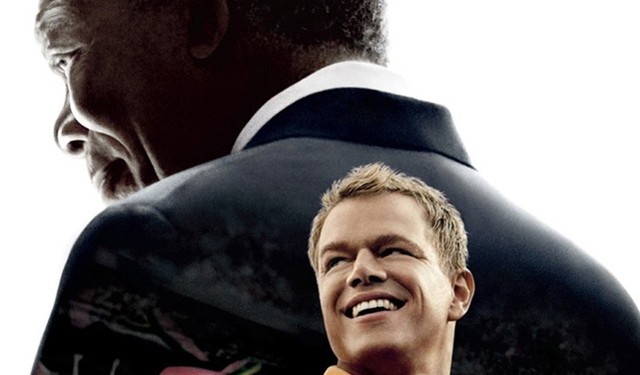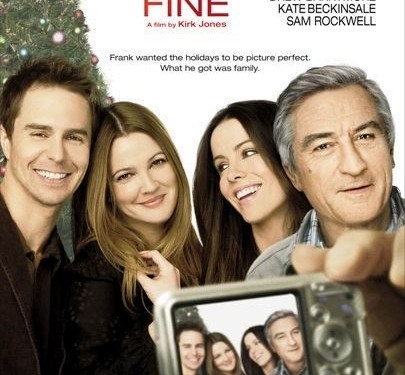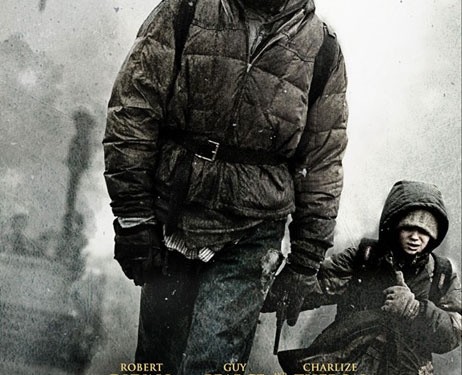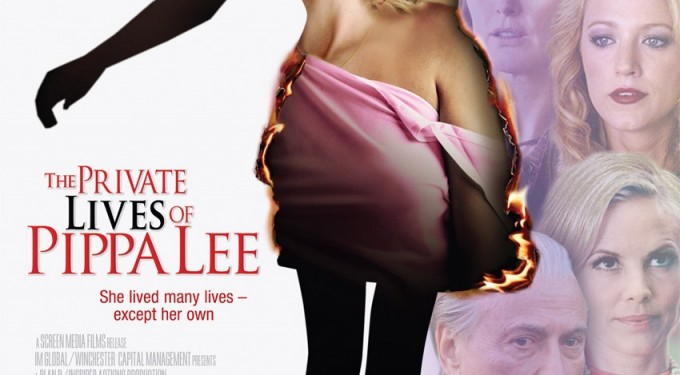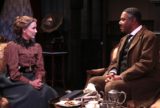Public Enemies
12.8.2009 | By Jack Rico |
Rated: R for gangster violence and some language.
Release Date: 2009-07-01
Starring: Ronan Bennett, Ann Biderman
Director(s):
Distributor:
Film Genre:
Country:USA
Official Website: http://www.publicenemies.net/
“Public Enemies†is a romanticized account of the last 15 months of bank robber John Dillinger, America’s first “Public Enemy Number Oneâ€. At 143 minutes, it feels as if one has seen it in real time. Pic, which follows Dillinger from March 1933 to July 1934, when he was killed by G-Men in an ambush leaving Chicago’s Biograph Theater, depends largely on Johnny Depp’s star power as Dillinger. Depp is compelling. Also compelling are Christian Bale as G-Man Melvin Purvis who led the trackdown, and Marion Cotillard (“Piafâ€) as Dillinger’s love interest, Billie Frechette. Making FBI founder J. Edgar Hoover out to be a self-serving careerist is easy, but at least Billy Cudrup attacks the caricature with gusto. His advice to Purvis to follow Italian Fascists and “take the white gloves off†is priceless. Diana Krall does a superb but uncredited “Bye, Bye, Blackbird†in the scene where Dillinger and Frechette meet.
Â
There is a problem in retelling history on screen. Most already know the ending. Dillinger’s story has been retold in no fewer than five theatrical and TV movies since 1945. In the interest of drama, helmer Michael Mann (who also gets screenwriting credit) and writers Ronan Bennett and Ann Bidermann take liberties with facts and timeline. The doomed romance between Dillinger and Frechette gets as much screen time as the robberies and gunfights – which seem to use as much ammo as the Bosnian war.
Â
Pic hinges on moments brought to life by key players – mostly Depp and Cotillard. Their scenes together fairly radiate love. Depp delivers a finely nuanced Dillinger (full of loyalty, bravado, charm, even compassion) who is ultimately very sympathetic… for a killer. This is in keeping with the era wherein Dillinger was revered as a sort of Robin Hood by many. Cotillard’s Frechette takes a beating for him under interrogation, the halting of which is a redeeming moment for Purvis. There is a suggestion that the G-Men had help in ambushing Dillinger from Frank Nitti’s (Bill Camp) gang. John Ortiz as Phil D’Andrea, Nitti’s chief bookie provides a clue: The gambling racket, he explains to Dillinger, rakes in more cash in one day than Dillinger stole in his most lucrative bank job. Having Dillinger around can draw attention from the law. Ultimately Dillinger, hiding in plain sight, is ratted out by madam Anna Patzky (Emilie de Ravin) in an effort to stave off deportation to her native Romania, an act which pic ties to Nitti’s gang.
Â
Tech credits are excellent except for sound recording. Several key lines of dialogue are inaudible. The heavy Midwestern accents don’t help. Period costumes, settings, and props do the trick but for the automobiles. It is doubtful that G-Men drove Pierce Arrows. The make was more likely to be found in the White House garage.
Â
It would be nice to give filmmakers credit for making Dillinger’s final movie at the Biograph “Manhattan Melodrama,†a gangster flick in which Clark Gable bravely faces execution, but this is one instance where they stuck to facts.
Â
“Public Enemies,†based on the book by Bryan Burrough (“Public Enemies: America’s Greatest Crime Wave and the Birth of the FBI, 1933-34”) is rated “R†largely for violence. There is some sexual content and a bit of innuendo.


